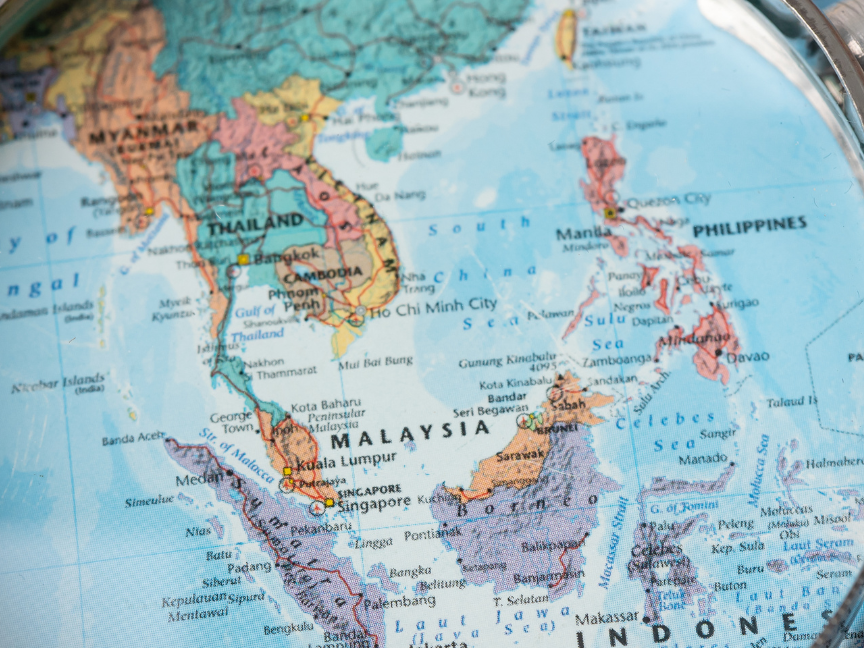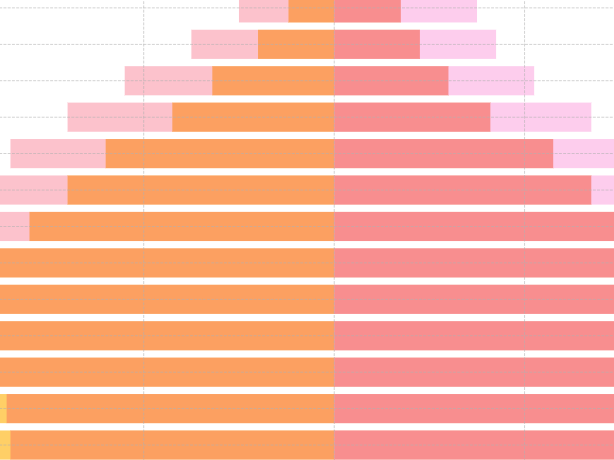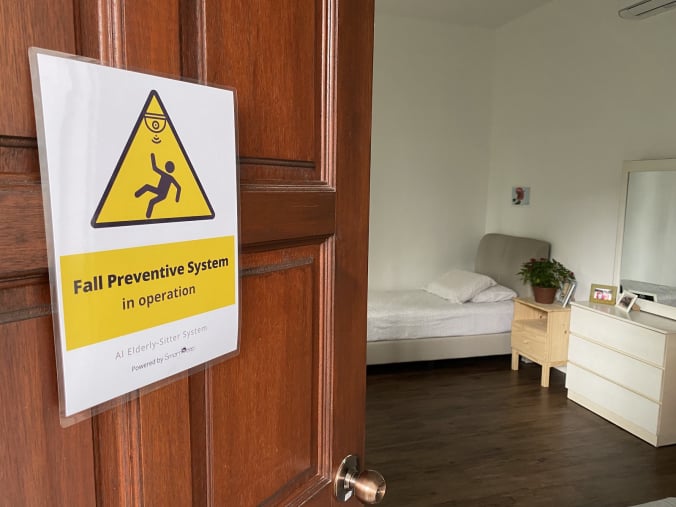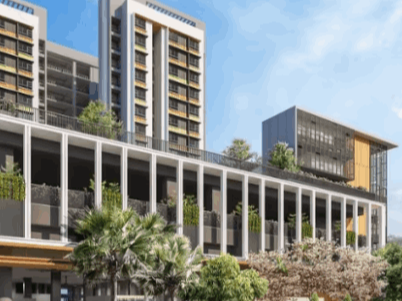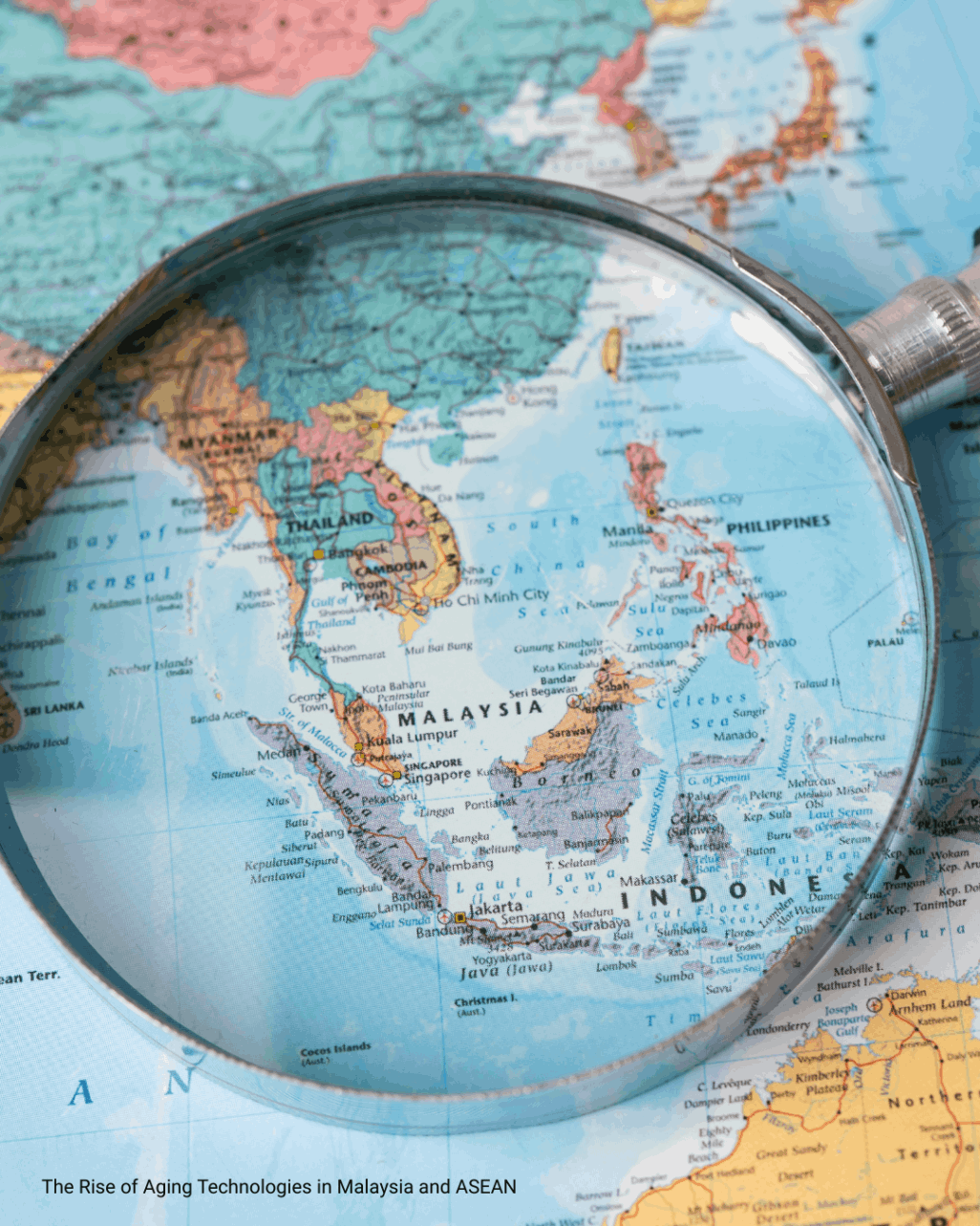1. Policy Lag vs Market Movement in ASEAN
While ministries continue to draft frameworks, tech pilots are already underway, especially in tier-2 cities.
2. AgeTech in Malaysia and ASEAN
By 2050, 25% of Asia’s population will be over 60. ASEAN has the potential to lead in scalable aging solutions.
3. Innovations in Elder Care 2025
From AI health monitoring to smart mobility tools, these technologies are reshaping regional care sector.

